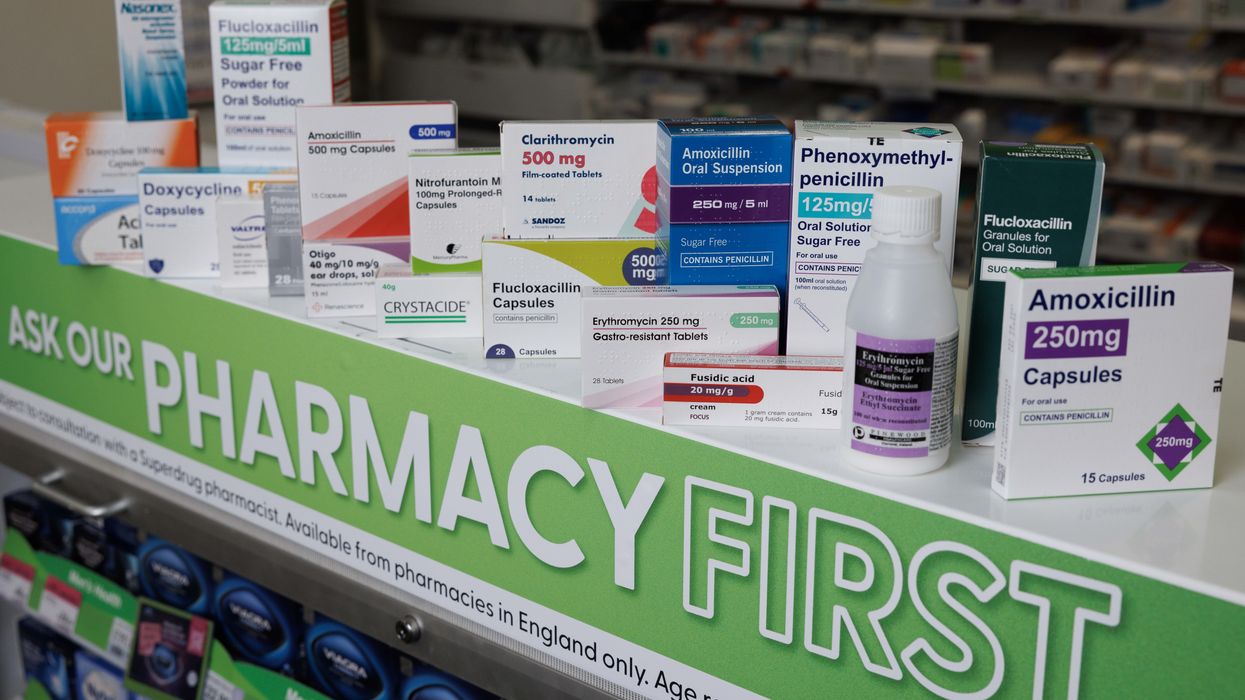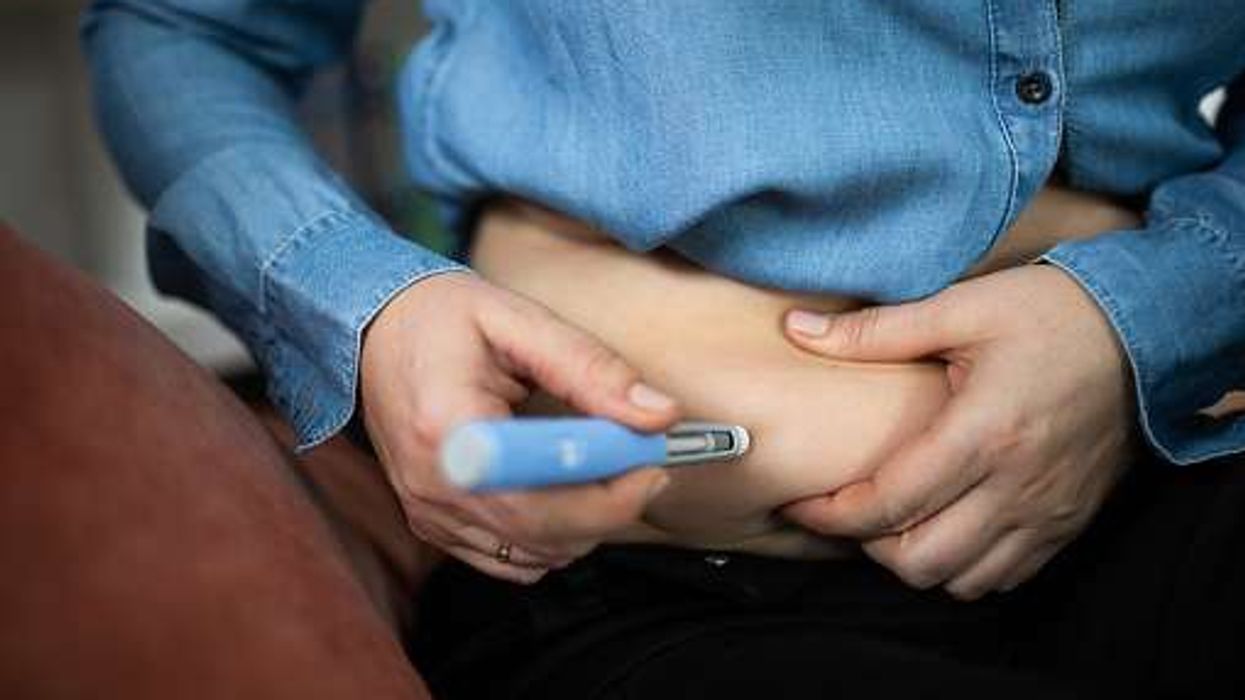The Pharmacists' Defence Association (PDA) has reacted to the chief pharmaceutical officer (CPhO) for Wales’s offer for community pharmacy contractors, offering a funding uplift for community pharmacy on the condition of an increase in pay for some staff by at least the amount currently being imposed upon NHS employees.
The PDA has expressed a mixed reaction to the intervention being attempted by the Welsh government.
“It is unusual for a government to be so closely involved in the pay of their suppliers’ employees and those at some community pharmacy employers have a contractual right to a pay review at times of year that may not synchronize with the government’s financial cycle, so this initiative may have different impacts at different employers,” said the association.
“In addition, the PDA negotiates pay at the largest two community pharmacy employers and works alongside other trade unions that organise other pharmacy workers. This government intervention must not disrupt or attempt to bypass those processes.”
PDA director Paul Day said: “Every client for any product or service has a responsibility for conditions along their supply chain, and in general we endorse the concept of conditions being applied to suppliers that aim to improve workers’ conditions and patient care. For example, we believe that it would not only be reasonable for a Welsh Labour government to require all suppliers to be a living wage employer and to recognise a trade union, but the government could also add requirements on operational standards such as safe staffing levels. However, the context and consequences of this specific intervention also need to be considered.”
Unlike the power of recognised trade unions to collectively bargain for permanent contractual improvements, which can include higher pay for all workers, the intervention by the CPhO for Wales, Andrew Evans, gives contractors the choice to increase pay or to receive a lower increase in funding.
While helpful in some instances, unlike trade union negotiations it does not restrict those employers from unilaterally deciding to try and reduce other aspects of reward in consequence. This highlights why the better solution would be for the government in Wales to work effectively in social partnership with trade unions and employers, and make it easier for unions in Community Pharmacy to collectively bargain on behalf of their members.
The association informed government in Wales that the NHS pay award has been rejected by a majority of PDA members employed by the NHS and is likely to also to be rejected by the health professionals and other NHS employees represented by other trade unions. The pay proposal, which is being presented by government as a 4 per cent increase, actually provides pharmacists at some grades with as little as a 1.3 per cent increase. Several health unions are actively preparing for industrial action ballots relating to this issue
Paul Day continued: “While incentivising private community pharmacy contractors to increase pay by no worse than the government’s plans for their own employees is better than accepting that they may otherwise do worse than the NHS, this could also be seen as sending a message to those NHS employed pharmacists, who are also represented by the PDA, that the Welsh government is not listening to their response to the NHS pay proposal.
"Some community pharmacy employers are part of large profit making multi-national corporations, who may have already decided to give this level of pay increase due to the pressures of recruitment and retention. In such scenarios the Welsh government are reimbursing that spending and this will prop up profit margins at those employers and not have any impact on pay rates. That the government would rather do that than redirect that same money towards improving the pay of their own NHS employees is also a choice by the Minister which some pharmacists may question.”
The PDA reiterates its call for Eluned Morgan, the minister for health and social services in the Welsh government, to exercise leadership on the sectoral relationships. The PDA wants the Minister to instigate tripartite structures as part of a social partnership agreement to bring together the government, employers, and independent trade unions from the sector on an ongoing basis. Such structures could then properly discuss and progress issues and opportunities relating to pay & conditions, health and safety, patient safety and more.











